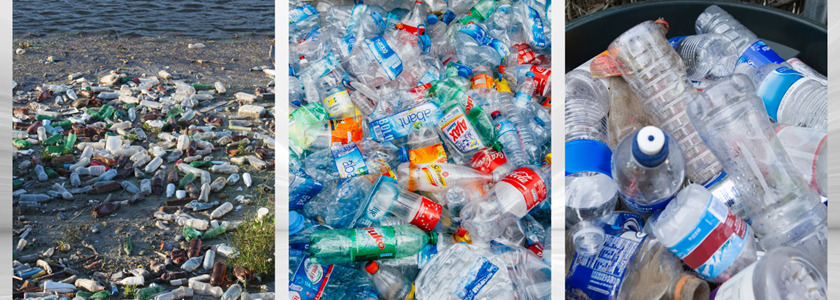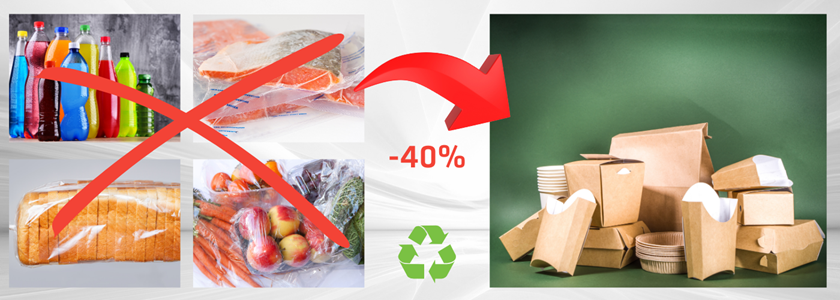Plastic Packaging in the Food Industry
Plastic has become the dominant packaging material in the food industry, creating serious environmental challenges. As an organizer of packaging industry trade fair, we recognize the growing importance of finding solutions that reduce plastic use and replace it with more sustainable materials.
Plastic has many advantages – it is lightweight, inexpensive, durable, and easy to produce and transport. However, these same qualities also make it one of the most dangerous threats to the environment. Every year, hundreds of millions of tons of plastic are produced worldwide, most of which are not effectively recycled. According to a report by UNEP (United Nations Environment Programme), plastic accounts for around 80% of marine waste, with 9 million tons entering the oceans annually – having a catastrophic impact on ecosystems.
The issue of plastic in food packaging is not only a challenge for the packaging industry, but also a global environmental concern.

The Potential for Change – What Can Be Done to Reduce Plastic?
Research by DS Smith shows that 40% of plastic packaging in Polish supermarkets can be replaced with more sustainable materials. For products such as dairy, meat, fish, soft drinks, and baked goods, plastic is often an unnecessary component that can be removed or replaced with paper, cardboard, or biodegradable packaging. These solutions can significantly reduce the negative environmental impact of the food industry.
In Western Europe, including France, we are already seeing a decline in plastic usage in supermarkets, in part due to legislation banning plastic packaging for fruits and vegetables, which will come into force in 2026. Implementing similar regulations in Poland could have a significant impact on reducing plastic use in food packaging.

However, the transformation is not simple. Changing materials involves technological and economic challenges. Some producers and retailers fear that alternative packaging will be more expensive and less convenient for consumers. Furthermore, according to DS Smith’s research, only 22% of food companies in Poland plan to implement packaging changes within the next year – the lowest percentage among the countries surveyed. There is still a lack of appropriate plastic recycling technologies and innovative solutions that would help lower the costs of new materials.
Shared Responsibility in the Industry
Moving towards more environmentally friendly packaging requires the involvement of the entire industry – from manufacturers and retailers to consumers. An important step is the creation of regulations that support the implementation of sustainable solutions. Changes in consumer purchasing habits are also necessary, as people increasingly pay attention to ecological issues. In response to these demands, the packaging industry must invest in innovations that enable the development of environmentally friendly products that are also competitive in terms of price and quality.
Eco-Packaging at the TAROPAK Trade Fair
Events such as the TAROPAK Trade Fair will play a key role in this transformation, allowing the industry to exchange ideas and implement change on a large scale. The fair provides a platform for manufacturers and suppliers to showcase their latest achievements in eco-friendly materials and technologies. It is also an opportunity to share experiences and establish partnerships that will help accelerate the transformation of the packaging industry.



